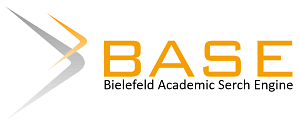Engineering Management Analysis at Signalless Intersection 3, Tukad Yeh Aya Street–Pemuda Street Use PKJI 2014
DOI:
https://doi.org/10.55299/jostec.v4i1.228Keywords:
Performance of intersections; 3 leg unsignalized intersections; Guidelines for Indonesian Highway CapacityAbstract
Dense traffic on the roadway often causes traffic bottlenecks, particularly at intersections, such as the unsignalized junction of Tukad Yeh Aya Street and Pemuda Street. The study goals are three analyses: existing performance analysis, alternative selection, and forecast analysis. The study of the performance of the Tukad Yeh Aya Street – Pemuda Street junction in the current situation yields a value of C, which is represented by the duration of intersection delay, which is 24.53 seconds / cur. This result is 1,09 more than PKJI, 2014 limit of 0.85. As a result, various options must be implemented or planned in order to decrease the value of the degree of saturation to a specified limit. To enhance the performance of the Tukad Yeh Aya Street – Pemuda Street junction, two options were based on the current circumstances, designing a one-way and adding APILL lights for four stages led by 2014 PKJI. After calculating, the alternative finds that the one-way road planning alternative has an intersection delay of 10.06 second / cur or the service level is good with a value of B. Therefore, the one-way road planning alternative is chosen as the one that will be used in planning the next five years.
Downloads
Downloads
Published
How to Cite
Issue
Section
License
Copyright (c) 2022 Putu Ariawan, Putu Budiarnaya, I GNN Wismantara, I Made Mangku Rangin Wijaya

This work is licensed under a Creative Commons Attribution-ShareAlike 4.0 International License.


















